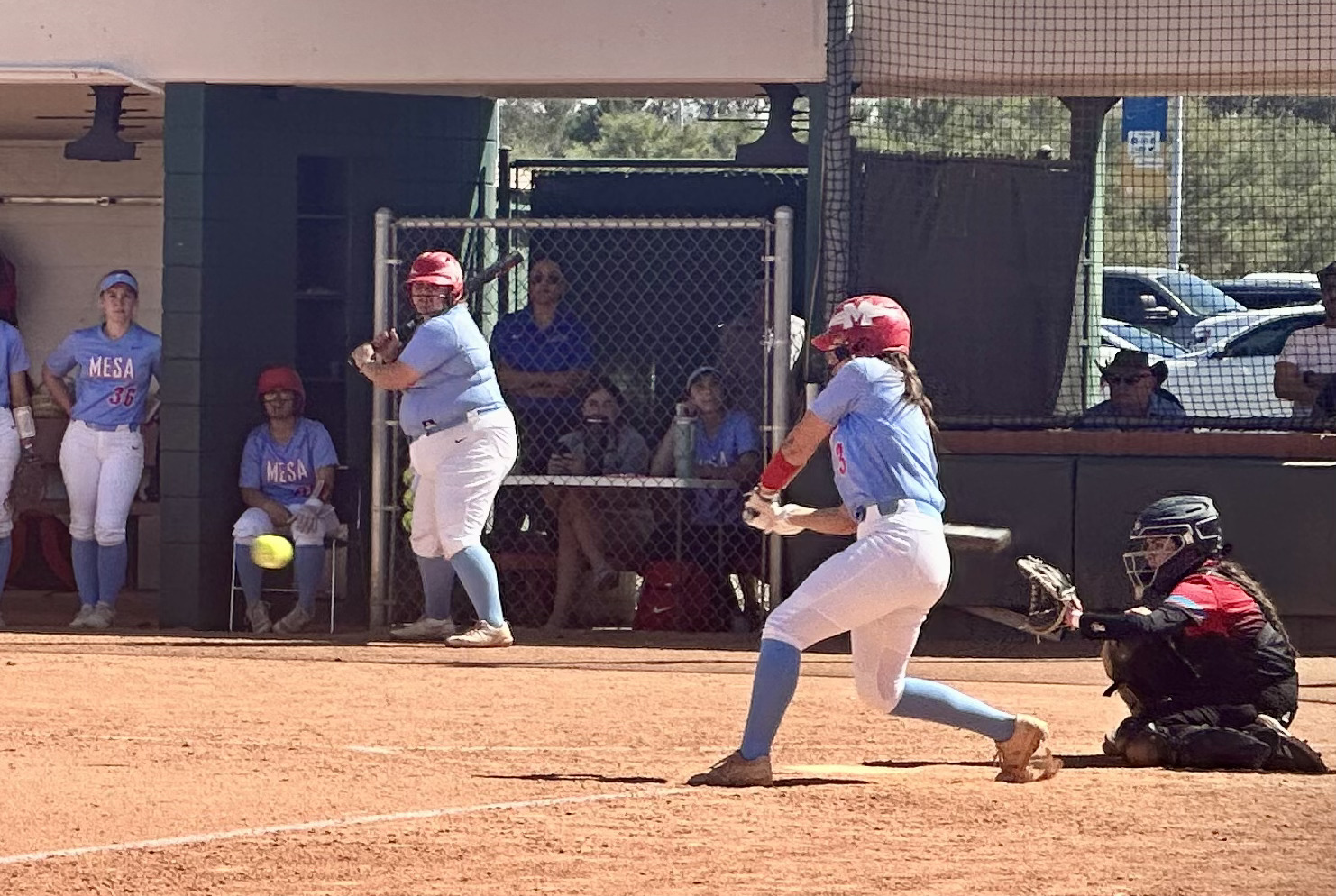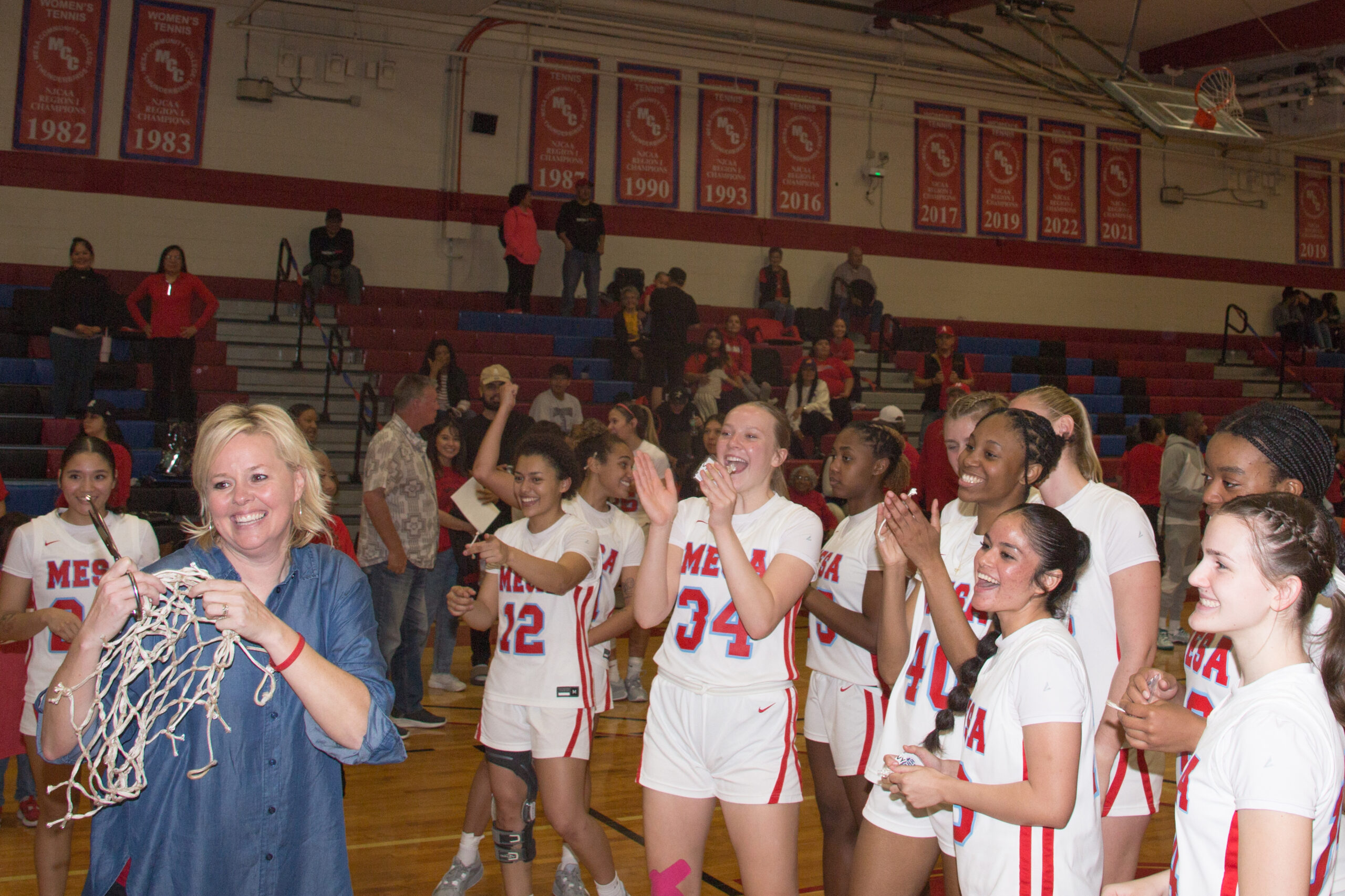America’s discrimination is democracy’s problem
By: Paige Baker
In a nation that boasts a fierce commitment to democracy and equal opportunity for all, it would appear that America is struggling to practice what it preaches.
According to the Brennan Center for Justice, since 2010, 22 states have passed new voting restriction laws; restrictions such as photo-ID requirements, redrawing districts, and cutting back voting hours.
In some cases, states even required documentation that a voter would have to pay to obtain, limiting voting access for the low-income.
Such restrictions decrease voter participation among minorities and the urban poor, who are often unable to spend the necessary time, money and recourses to meet stringent voting requirements.
Though some argue that voting restrictions are precautionary measures against voting fraud, data collected by political and social scientists shows no indication of statistically significant voter fraud in the United States.
So if there’s proven to be no empirical evidence of voter fraud being an issue in America, why so many new restrictions?
All signs seem to point to deliberate discrimination.
Many of the efforts to restrict voting access were spurred by Shelby County v. Holder, the 2013 Supreme Court ruling that significantly weakened the 1965 Voting Rights Act by overturning one of its core provisions.
The provision had required any voting-law changes to obtain federal approval, for several
states with a long history of discrimination.
By overturning this component of the act, the Supreme Court essentially took the position that voter discrimination is no longer a threat, in a post-civil-rights era.
Since the ruling, Americans seem to be increasingly turning a blind-eye to voting restrictions and discrimination.
In 2013, the same year, Arizona attempted to require voters to provide proof of citizenship before registering to vote, an unnecessary roadblock that would have disproportionately affected minorities and the poor.
Though the motion was struck down, Arizona is currently working with Kansas to try again.
It bears mentioning that although the United States may shout “democracy!” the loudest, issues such as these are seldom seen in other developed democracies.
In fact, America is the only developed democracy in the world where sixty percent of the voting age population neglects to do so.
It’s not that Americans are apathetic (or at least, not entirely) but that a voting system which requires citizens to continually jump through hoops just to be recognized is incredibly rare, and serves only to alienate the “less desirable” voters.
In fact, America is one of the only countries that requires a voter registration at all; in the majority of the world, this is automatic.
Because of restrictions like these, racism and class-discrimination are able to take a new seat in American politics.
Voting, which was once a sacred and blind equalizer of the people, has become another way for those with the most social and economic power to further promote their own interests at any cost.









